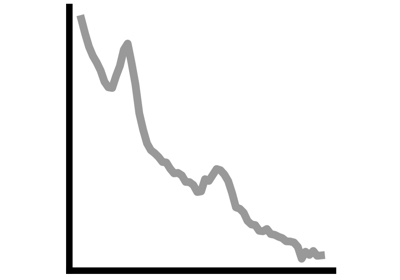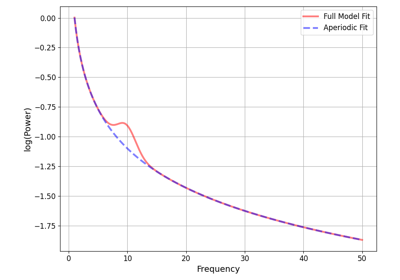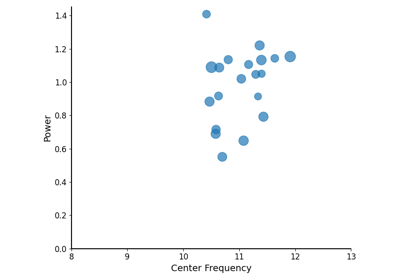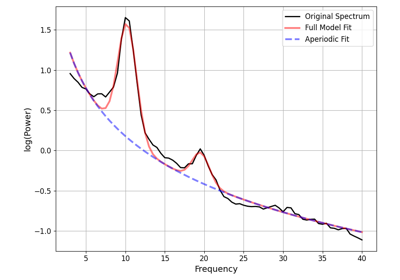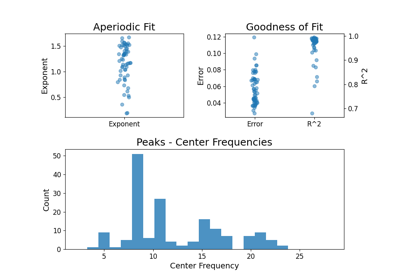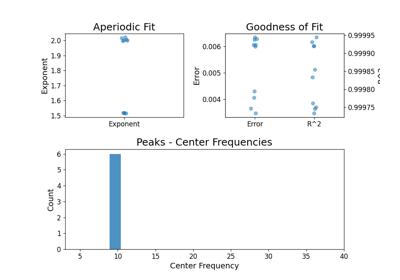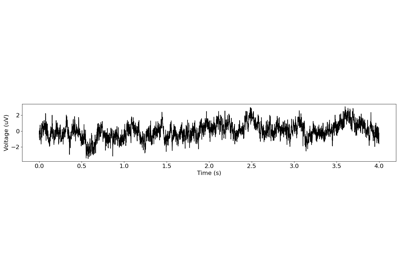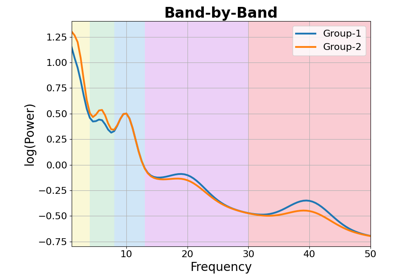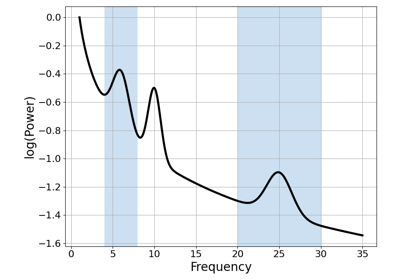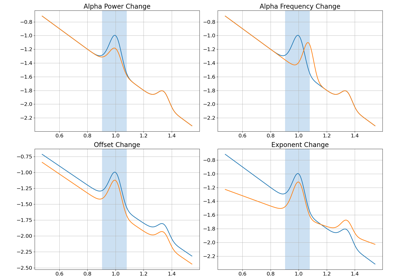fooof.Bands¶
- class fooof.Bands(input_bands={})[source]¶
Frequency band definitions.
Examples
Define a bands object storing canonical frequency bands:
>>> bands = Bands({'theta' : [4, 8], 'alpha' : [8, 12], 'beta' : [15, 30]})
- Attributes:
- bandsdict
Band definitions. Each entry should be {‘label’ : (f_low, f_high)}.
- __init__(input_bands={})[source]¶
Initialize the Bands object.
- Parameters:
- input_bandsdict, optional
A dictionary of oscillation bands.
Methods
__init__([input_bands])Initialize the Bands object.
add_band(label, band_definition)Add a new oscillation band definition.
remove_band(label)Remove a previously defined oscillation band.
Attributes
Frequency definitions for all the bands defined in the object.
Labels for all the bands defined in the object.
The number of bands defined in the object.
- add_band(label, band_definition)[source]¶
Add a new oscillation band definition.
- Parameters:
- labelstr
Band label to add.
- band_definitiontuple of (float, float)
The lower and upper frequency limit of the band, in Hz.
- property definitions¶
Frequency definitions for all the bands defined in the object.
- property labels¶
Labels for all the bands defined in the object.
- property n_bands¶
The number of bands defined in the object.
